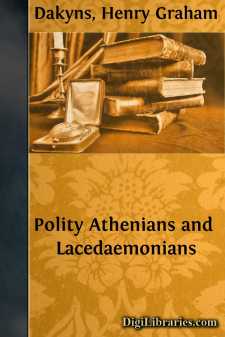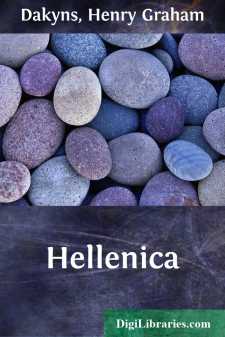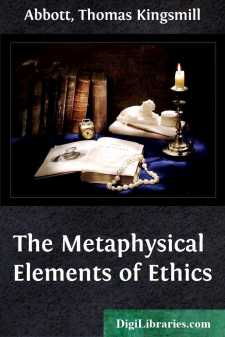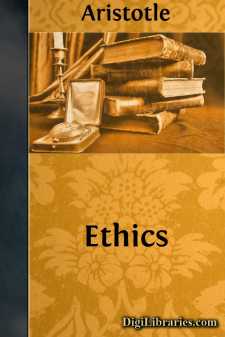Categories
- Antiques & Collectibles 13
- Architecture 36
- Art 48
- Bibles 22
- Biography & Autobiography 816
- Body, Mind & Spirit 145
- Business & Economics 28
- Children's Books 17
- Children's Fiction 14
- Computers 4
- Cooking 94
- Crafts & Hobbies 4
- Drama 346
- Education 58
- Family & Relationships 59
- Fiction 11834
- Foreign Language Study 3
- Games 19
- Gardening 17
- Health & Fitness 34
- History 1378
- House & Home 1
- Humor 147
- Juvenile Fiction 1873
- Juvenile Nonfiction 202
- Language Arts & Disciplines 89
- Law 16
- Literary Collections 686
- Literary Criticism 179
- Mathematics 13
- Medical 41
- Music 40
- Nature 179
- Non-Classifiable 1768
- Performing Arts 7
- Periodicals 1453
- Philosophy 66
- Photography 2
- Poetry 897
- Political Science 203
- Psychology 45
- Reference 154
- Religion 516
- Science 126
- Self-Help 85
- Social Science 82
- Sports & Recreation 34
- Study Aids 3
- Technology & Engineering 59
- Transportation 23
- Travel 463
- True Crime 29
Our website is made possible by displaying online advertisements to our visitors.
Please consider supporting us by disabling your ad blocker.
The Apology
Description:
Excerpt
THE APOLOGY OF SOCRATES
Among the reminiscences of Socrates, none, as it seems to me, is more deserving of record than the counsel he took with himself (after being cited to appear before the court), not only with regard to his defence, but also as to the ending of his life. Others have written on this theme, and all without exception have touched upon the lofty style of the philosopher, which may be taken as a proof that the language used by Socrates was really of that type. But none of these writers has brought out clearly the fact that Socrates had come to regard death as for himself preferable to life; and consequently there is just a suspicion of foolhardiness in the arrogancy of his address. We have, however, from the lips of one of his intimate acquaintances, Hermogenes, the son of Hipponicus, an account of him which shows the high demeanour in question to have been altogether in keeping with the master's rational purpose. Hermogenes says that, seeing Socrates discoursing on every topic rather than that of his impending trial, he roundly put it to him whether he ought not to be debating the line of his defence, to which Socrates in the first instance answered: "What! do I not seem to you to have spent my whole life in meditating my defence?" And when Hermogenes asked him, "How?" he added: "By a lifelong persistence in doing nothing wrong, and that I take to be the finest practice for his defence which a man could devise." Presently reverting to the topic, Hermogenes demanded: "Do you not see, Socrates, how often Athenian juries are constrained by arguments to put quite innocent people to death, and not less often to acquit the guilty, either through some touch of pity excited by the pleadings, or that the defendant had skill to turn some charming phrase?" Thus appealed to, Socrates replied: "Nay, solemnly I tell you, twice already I have essayed to consider my defence, and twice the divinity hinders me"; and to the remark of Hermogenes, "That is strange!" he answered again: "Strange, do you call it, that to God it should seem better for me to die at once? Do you not know that up to this moment I will not concede to any man to have lived a better life than I have; since what can exceed the pleasure, which has been mine, of knowing that my whole life has been spent holily and justly? And indeed this verdict of self-approval I found re-echoed in the opinion which my friends and intimates have formed concerning me. And now if my age is still to be prolonged, I know that I cannot escape paying the penalty of old age, in increasing dimness of sight and dulness of hearing. I shall find myself slower to learn new lessons, and apter to forget the lessons I have learnt. And if to these be added the consciousness of failing powers, the sting of self-reproach, what prospect have I of any further joy in living? It may be, you know," he added, "that God out of his great kindness is intervening in my behalf to suffer me to close my life in the ripeness of age, and by the gentlest of deaths....






















